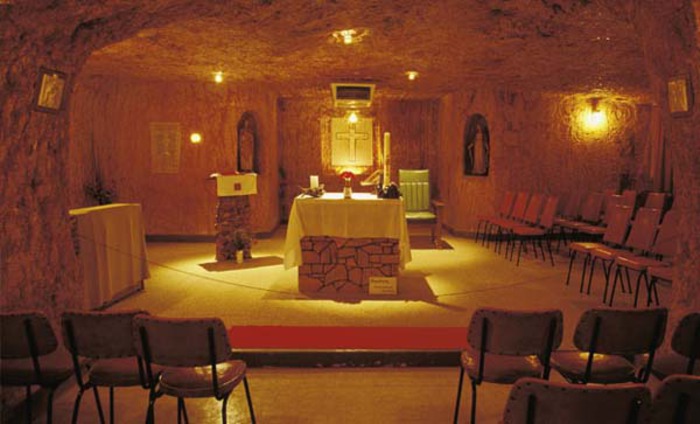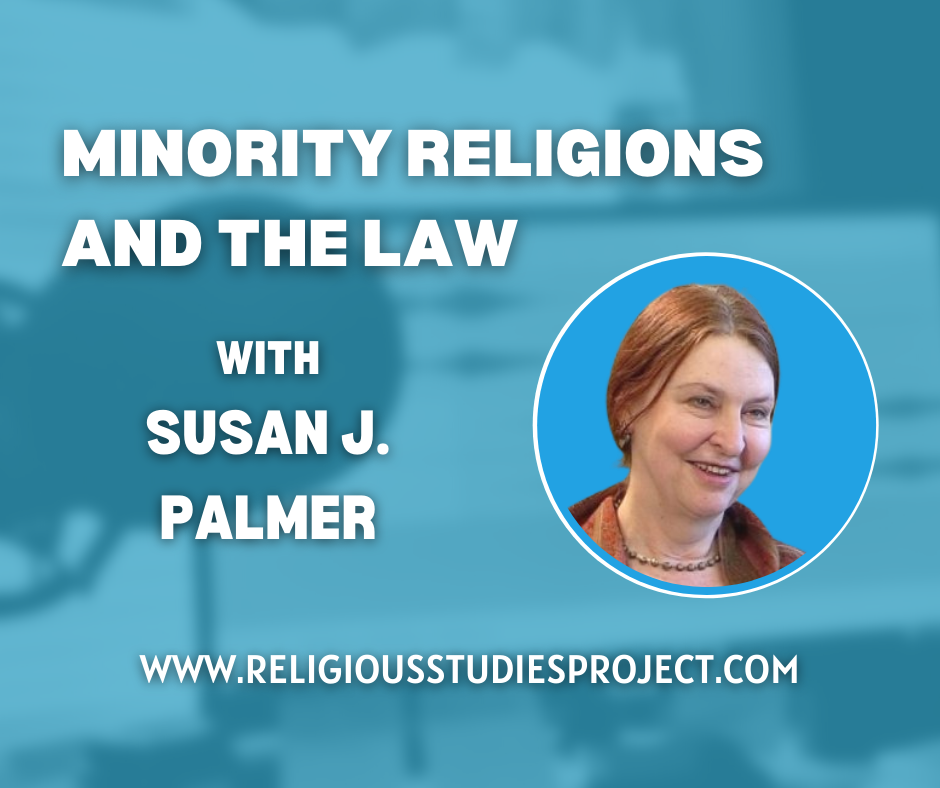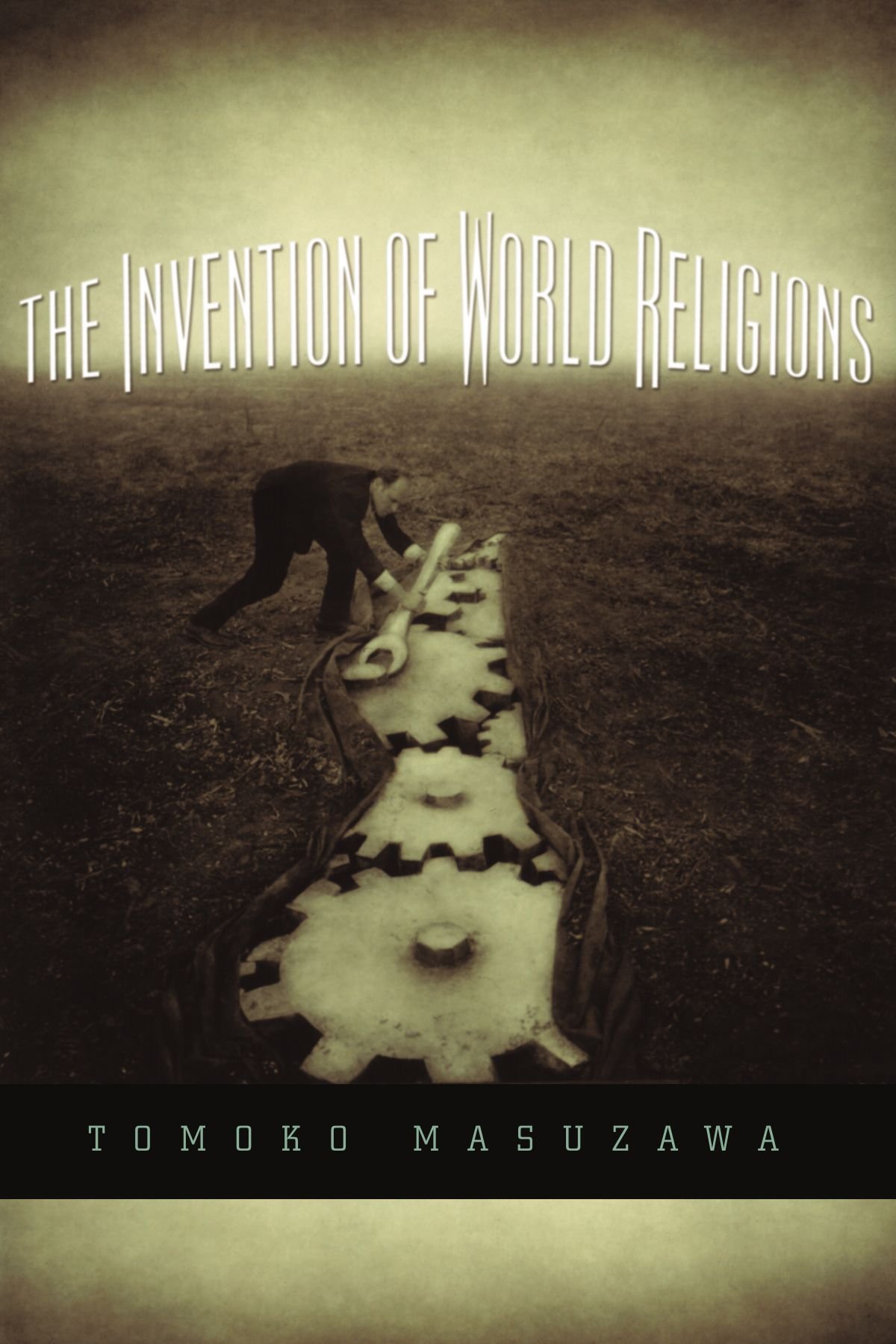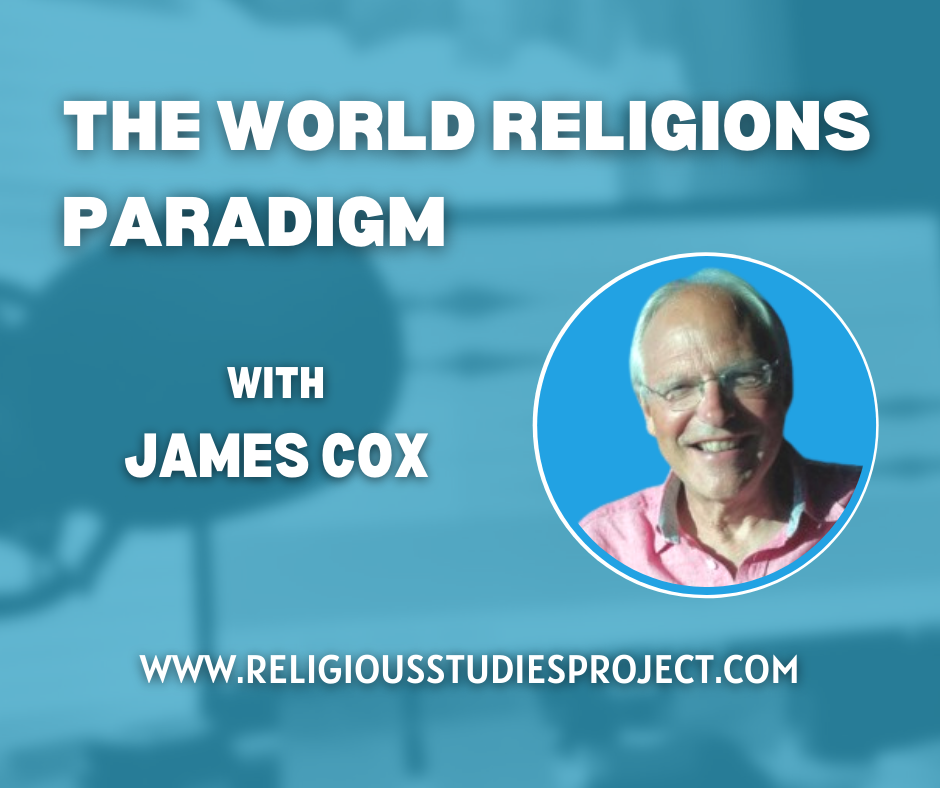Just Published!: Implicit Religion Volume 21

Published in conjunction with the Religious Studies Project, we are pleased to announce the publication of Volume 21, issues 1 & 2, of Implicit Religion. As a subscriber to the RSP you can receive a 30% discount on subscriptions to Implicit Religion by entering the code DISCOUNT30 on the journal’s subscription page here. To access […]
Patrons Special: RSP Discourse #1 (September 2018)

Welcome to “Discourse”, where our editors and guests take a critical look at how the category “religion” is being used in the media, the public sphere, and the academic field.
This episode, David and Chris are joined by RSP Associate Editor Breann Fallon from Sydney, Australia, to discuss new Aussy Prime Minister ScoMo’s Pentacostalism, an Abductee Democratic candidate in Miami, Scottish Nationalism as “religion-like”, and more.
Editors’ Picks, Summer 2018: Critiquing the Axial Age

In the first of our summer “Editors’ Picks”, Chris Cotter flags up an important interview, in which Jack Tsonis “demonstrates how the term ‘Axial Age’ shares much in common with the notion of ‘World Religions’ in that both – to quote the subtitle to Tomoko Masuzawa’s seminal work – preserve ‘European universalism […] in the language of pluralism’.”
Magic and Modernity

This conversation between Richard Irvine, Theodoros Kyriakides and David G. Robertson concerns magical thinking in the modern world. We may think that such ideas are confined to the fringes in the secular, post-Enlightenment world, but this is not necessarily the case. We talk about Weber’s rationalisation and James Frazer’s evolutionary model of modernity, and how they relate to ideas of belief, and magic.
Complications and Contradictions in the Usage of ‘Indigenous Religions’

One of the most challenging and enlightening aspects of my fieldwork among the Adi of Arunachal Pradesh, India, in the far eastern Himalayan foothills, has been considering the concept of ‘indigenous religions’: as a phrase, as a classification, as a rallying point for activism.
Religious Studies Opportunities Digest – 26 September 2017

Welcome to the latest RSP opportunities digest, where you will find details of four conferences, two journal calls for papers, and notices about a funding opportunity and two jobs. We also have three items of news to pass on.
First of all, the Religious Studies Project Association (the organisation behind the scenes of the RSP) is now a SCIO – a Scottish Charitable Incorporated Organisation (charity number SC047750).
The Catholic Underground: Lithuanian Catholicism Under the Soviet Union

Instead of expressing a need for pluralism and to be recognized for the differences that their religion brings to the country, religious minorities push for the security of agreeing with the majority.Professor of Sociology at Vytautas Magnus University, in Lithuania has changed during the counter-reformation, the First Republic after WWI, the Soviet Union, and finally after the Second Independence.
According to Dr. Alisauskiene, the Roman Catholic Church heavily dominated pre-Soviet Union Lithuania.
An Introduction to the Sociology of Religion

What is the sociology of religion? What are its particular concerns, dominant themes and defining methodologies? Where did it begin, and how has it evolved? This interview with Grace Davie, the first in our BSA SOCREL series, introduces this important and historically influential approach to the study of religion.
Poster Competition

Are you a budding graphic designer or artist? Do you listen to the RSP? Want to see your work adorn the walls of RS departments around the globe? Then the Religious Studies Project wants YOU! This summer, the RSP is running our very first Poster Competition. What does “critical, accessible, and cutting-edge scholarship in the […]
New Religious Movements and Contemporary Discourses About Religion

Increased attention to religion by international governments and NGOs has not necessarily resulted in less problematic models of religion being used by these governments and groups.
As I listened to Susan Palmer’s RSP interview and read about her new co-authored book (with Stuart A. Wright) Storming Zion: Government Raids on Religious Communities (2015), I was reminded why NRMs make such useful case studies in the religious studies classroom. From a pedagogical perspective, …
Minority Religions and the Law

Surely we have moved past the idea of sinister cults brainwashing innocent victims? When it comes to the law, not so, Susan Palmer tells David G. Robertson.cult” and “sect” uncritically. Nevertheless, outside of academia, the language of “cults” continues to be used,…
There’s More Than One Way to Skin a Cat: Comments on Kocku von Stuckrad’s Discursive Approach

It seems to me to be perfectly possible for someone to agree on the problem of representation, highlight the importance of reflecting on the situatedness of observer, challenge essentialism and still show no particular interest in problematizing analytical definitions of religion.
There is more than one discursive approach in religious studies. In his interview with the RSP, professor Kocku von Stuckrad outlines some of the key issues that are relevant for constructing a discourse theoretical framework for religious studies.
The Invention of the Secular Academy

The Religious Studies Project, as an academic endeavour studying religion, is of course devoutly secular. In fact, we tend to take the connection between secularity and the academy completely for granted. But was this always the case? If not, how did it become so? And what does secular mean in this context?
The Supernatural and the New Comparativism

Jeffrey Kripal argues that we need to make room for the paranormal in the study of religion, and that consciousness should be at the forefront of our study.
The World Religions Paradigm

What counts as ‘world religions’ and how do we engage or promote this category in the academic study of religion. Join James Cox and David G. Robertson as they unpack this category.
